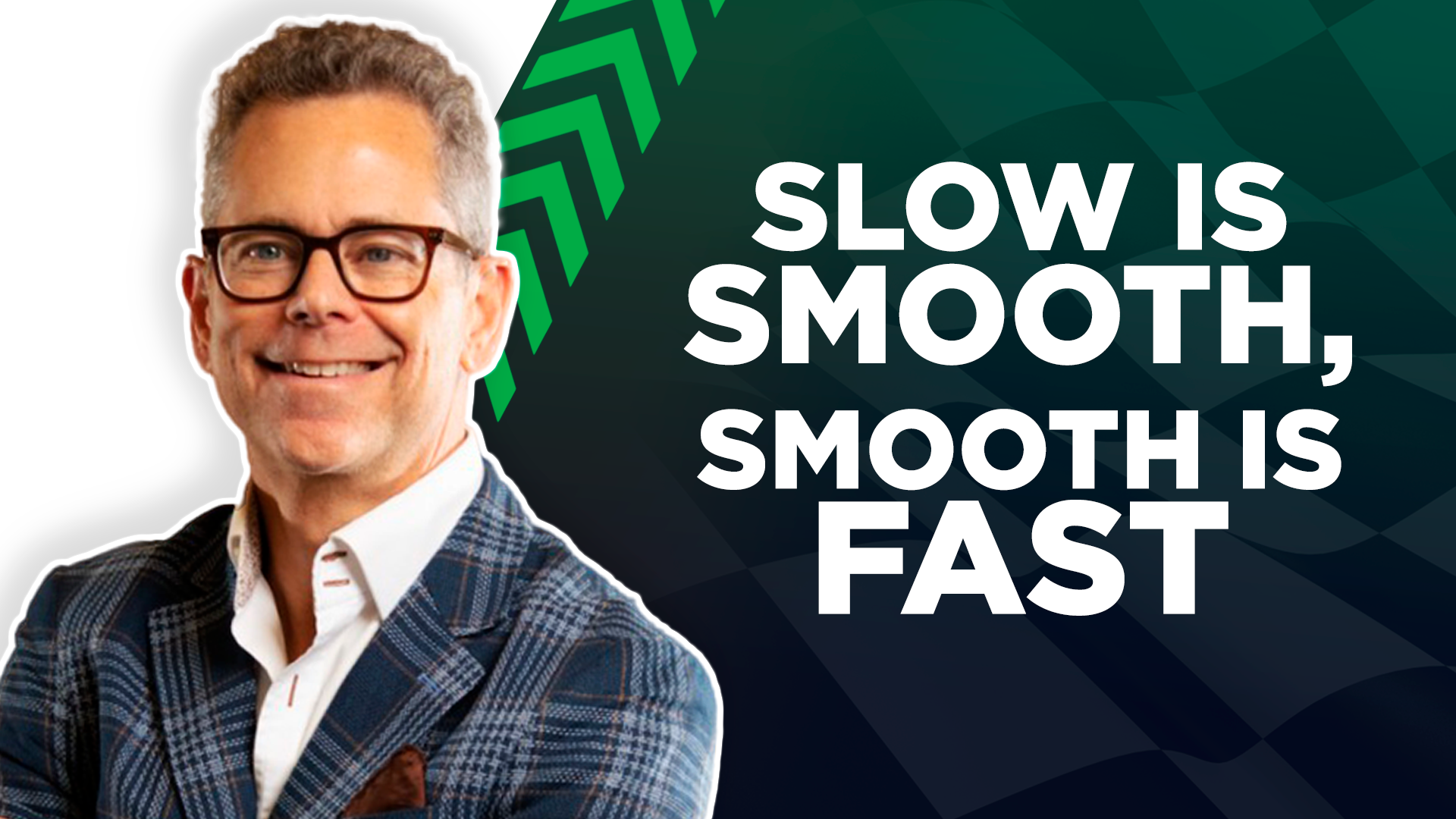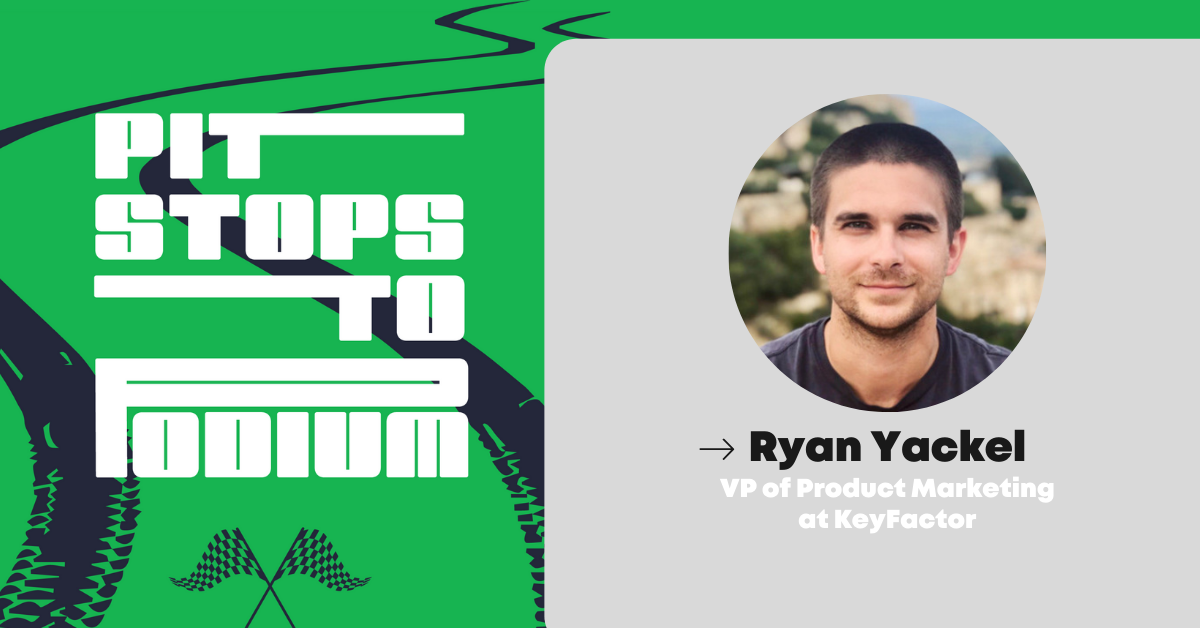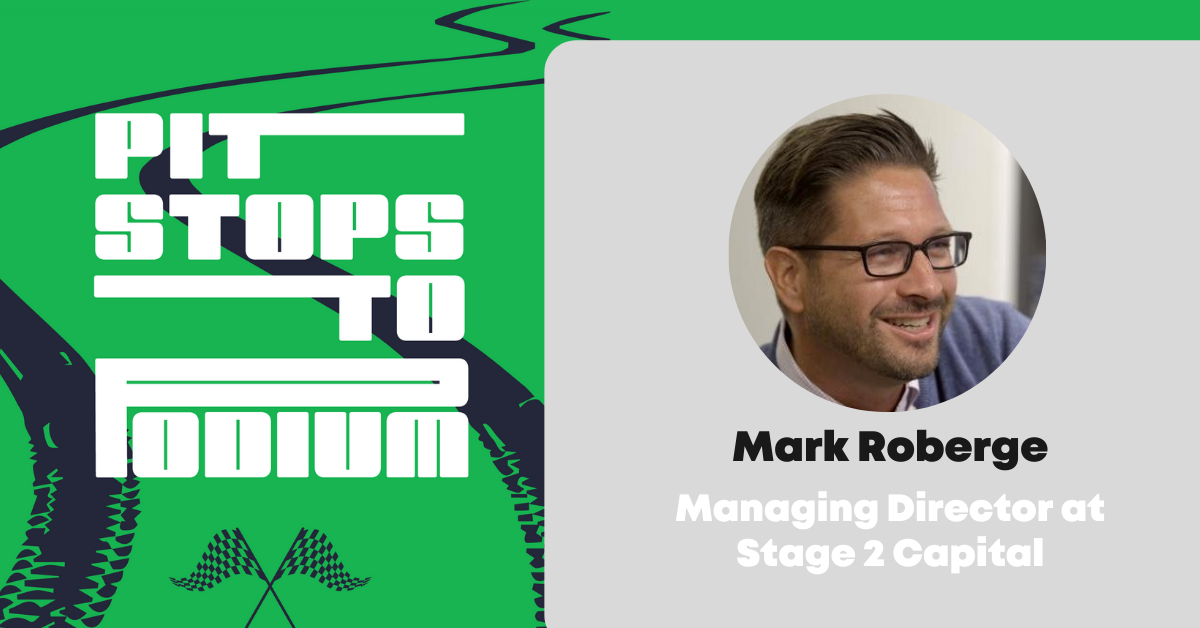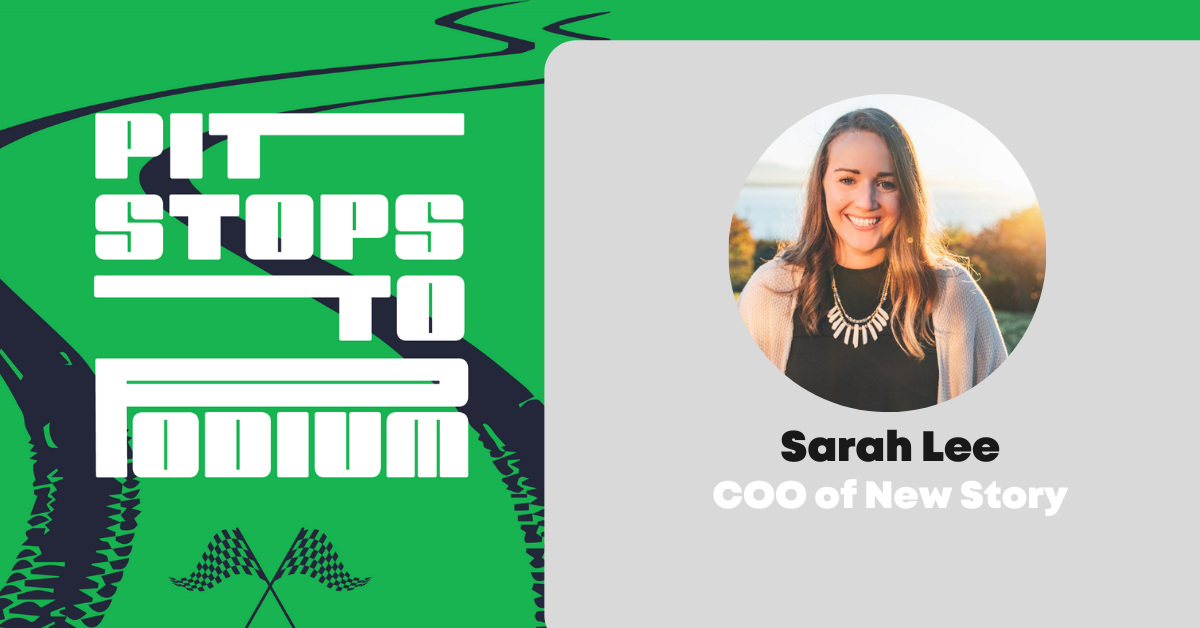Table of Contents
Slow is Smooth, Smooth is Fast
In episode 63 of Pit Stops to Podium, Andrew Goldner discusses the path to systematic and responsible growth, and sums it up as "slow is smooth, smooth is fast".
Slow is smooth and smooth is fast is the way in which you find product-market fit and it captures the way you go-to-market more efficiently. When you start out systematic and intentional (smooth), that's how you ultimately get to fast.
Andrew kicked off his career when the Internet was first commercializing as a tech lawyer for Alta Vista, Yahoo, DoubleClick, Salesforce and others pioneers. When Google acquired DoubleClick, he co-founded a financial news business for the Thomson family and when they acquired Reuters and became Thomson Reuters, he became Publisher of Reuters News. He returned to America and early-stage tech in 2012 and then co-founded GrowthX, which is a venture fund which works alongside B2B founders in rising cities to help them find product-market fit.
If you’re ready to learn from one of the best, then buckle up and hold on!
Pitstop Highlights
Learning Precedes Revenue
A common mistake of going to market is selling to anyone who is willing to give you their time and/or money. In reality, not all revenue is created equally. Founders need to think about which potential customer types create a smoother, quicker, and more efficient sale that enables more learning and scaling.
Key takeaway
"You're actually not doing any sales until you have product-market fit"
5 Steps to Product-Market Fit
The bedrock is knowing your ideal customer profile (not ideal company profile or persona). You also need to be able to identify what the process looks like by which you've acquired customers and revenue. In addition, you need to stress test it by asking yourself what would happen if you took away your product from the customer (i.e. how upset would they be?). Last, but not least, you need it to be economically rational, meaning do you at least have a 1:1 LTV CAC ratio.
Key takeaway
"This has to be something that your customer would really kick and scream if you were to take it away"
Do These Things to Find Product-Market Fit
One of the most important things you can do is to seek out all available resources to follow a systematic path. Also, learning to think of sales and marketing as less of art and more of a science is key.
For founders in particular, it's about bringing the right mindset to the challenge and being willing to spend time defining and running small experiments.
Key takeaway
"Relatively few founders are failing because of no market need, what they're failing at is running out of money because they've wasted it wandering the desert without any understanding of how to identify the market need"
Connect with Andrew




